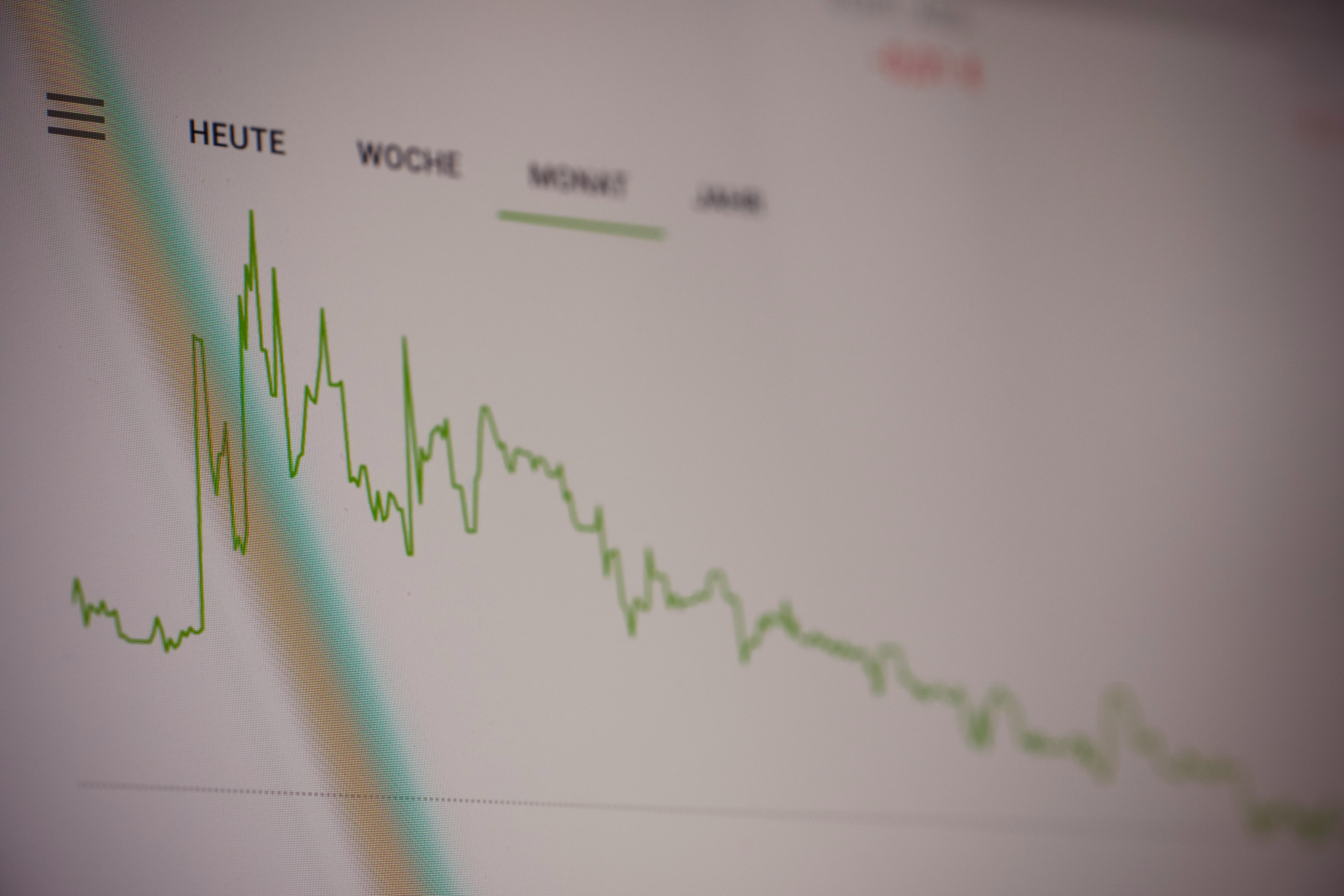When it comes to investing your hard-earned money, predictability and stability are often the top priorities. Many investors face a choice between the enticing high returns of the stock market and the steady growth of FDs. In this article, we’ll compare FD vs stock market. We will also focus on the predictability of returns and the factors that influence them. By knowing about these distinctions, you can make more informed decisions about where to allocate your investment rupees.
Understanding the Predictability of Fixed Deposits
Fixed deposits offer a reliable way to grow your money. Here are key features that highlight their predictability and security:
What Makes FDs Unique?
Fixed deposits are a popular investment option for those seeking a low-risk, predictable return on their money. When you invest in an FD, you deposit a lump sum for a fixed term at a set interest rate. This interest rate remains constant throughout the duration of the deposit. In addition, this ensures that you know exactly how much your money will grow.
Let’s say you invest ₹1 lakh in an FD with an interest rate of 9.1% per annum for 3 years. Using a simple interest calculator, you can determine that at the end of the term, you will receive:
-
Principal Amount: ₹1,00,000
-
Interest Earned: ₹28,500 (₹1,00,000 x 9.1% x 3 years)
-
Maturity Amount: ₹1,27,300
The beauty of FDs lies in this predictability. You can plan your financial goals around the guaranteed returns without worrying about market fluctuations.
Stability and Low Risk
Another key aspect of FDs is their stability and low risk. Unlike stocks, which can be influenced by a multitude of factors, FDs are relatively insulated from market volatility. The interest rate remains fixed, and your principal is secure. Many FDs are further insured by the Deposit Insurance and Credit Guarantee Corporation (DICGC). They can avail up to ₹5 lakh per depositor per bank, adding an extra layer of protection.
Flexibility and Liquidity
While FDs are designed for long-term savings, they also offer flexibility through options like loans against FDs. With Airtel Finance, for example, you can easily avail a loan against your FD without having to break the deposit. This allows you to access funds when needed while still enjoying the benefits of a stable, predictable return.
The Uncertainty of Stock Market Returns
Investing in the stock market can be enticing but comes with its own challenges. Below are key factors that contribute to its unpredictability:
Market Volatility and Unpredictability
In contrast to the predictability of FDs, the stock market is known for its volatility and uncertainty. Stock prices can fluctuate rapidly based on a wide range of factors, including:
-
Economic conditions
-
Company performance
-
Industry trends
-
Geopolitical events
-
Investor sentiment
This volatility makes it challenging to predict stock market returns accurately. Even seasoned investors and analysts often struggle to forecast short-term price movements.
Time-Varying Predictability
Some studies suggest that there may be short periods where stock returns are more predictable. Still, these windows of opportunity are interspersed with longer stretches of uncertainty. This time-varying predictability makes it difficult for investors to capitalize on market trends consistently.
Risk and Reward
The potential for high returns is one of the main draws of the stock market. However, this potential comes with a higher level of risk compared to FDs. While FDs offer a guaranteed return, the FD vs share market comparison highlights the higher rewards accompanied by greater risks. You could potentially earn significant profits. But you also face the risk of losing a portion or even all of your invested capital. This highlights the contrast between low vs high risk investments.
Comparing FDs and Stocks
Choosing between mutual funds or fixed deposits involves understanding your investment goals. The following are key considerations for making an informed decision:
Assessing Your Risk Tolerance
When deciding between FDs and stocks, it’s crucial to assess your risk tolerance. If you prioritize stability and predictability over the potential for higher returns, FDs may be the better choice. On the other hand, if you’re comfortable with some level of risk, the stock market could be a good option. It also offers more growth potential for those with a longer investment horizon. Some investors believe that stocks better than FD for long-term wealth accumulation.
Diversification and Asset Allocation
Rather than choosing one over the other, many investors opt for a diversified portfolio that includes both FDs and stocks. By allocating a portion of your funds to FDs, you can create a stable foundation. With this, you can explore the growth potential of the stock market with the remainder of your portfolio.
Airtel Finance: Your Partner in Predictable Returns
If you’re seeking the predictability and stability of FDs, Airtel Finance offers various fixed deposit options to suit your needs. Airtel Finance offers competitive interest rates, flexible tenures, and the convenience of opening an online account. This makes it easy to grow your savings predictably.
Some key features of Airtel Finance FDs include:
-
Attractive interest rates up to 9.1% p.a.
-
Flexible tenures ranging from 12 months to 60 months
-
Option to avail of a loan against your FD
-
Easy online account opening and management
-
Automatic renewal option for uninterrupted growth
To calculate your potential returns, you can use the Airtel Finance FD interest calculator. Simply enter your deposit amount, tenure, and interest rate to see how much your money can grow over time.
Conclusion
In the world of investments, predictability and uncertainty are two sides of the same coin. While fixed deposits offer the comfort of stable, predictable returns, the stock market provides higher growth coupled with volatility. By knowing the key differences between FDs and stocks, you can make informed decisions. This also depends on your financial goals, risk tolerance, and investment horizon.
Remember, a well-diversified portfolio that includes both FDs and stocks can help you balance predictability and growth potential. With Airtel Finance’s range of fixed deposit options, you can easily incorporate the stability of FDs into your investment strategy.
So, take the time to assess your needs, explore options, and make the choice that aligns with your financial objectives. It doesn’t matter if you prioritize predictability or are willing to navigate some uncertainty in pursuit of higher returns. Only the key is to invest wisely and stay focused on your long-term goals.
FAQs
1. What makes fixed deposits predictable compared to stock market returns?
Fixed deposits offer predictable returns because the interest rate remains constant throughout the deposit tenure. You know exactly how much your money will grow, regardless of market conditions.
2. Can stock market returns ever be as predictable as fixed deposits?
While the stock market can offer higher potential returns, it is inherently more volatile and unpredictable than fixed deposits. Short-term predictability is rare, and returns can vary significantly based on market conditions.
3. How does market volatility impact stock returns compared to the stability of fixed deposits?
Market volatility can lead to significant fluctuations in stock prices and returns. In contrast, fixed deposits remain stable and unaffected by market movements, providing a reliable and predictable return on investment.
4. Are fixed deposits a safe investment option?
Yes, fixed deposits are considered a safe investment option. They are typically insured and offer guaranteed returns, protecting your principal amount.
5. Should I invest in both FDs and stocks?
Investing in both FDs and stocks can provide a balanced portfolio. FDs offer stability, while stocks can offer growth potential, helping you achieve diverse financial goals.


 Get App
Get App  Airtel Store
Airtel Store  Login
Login 


